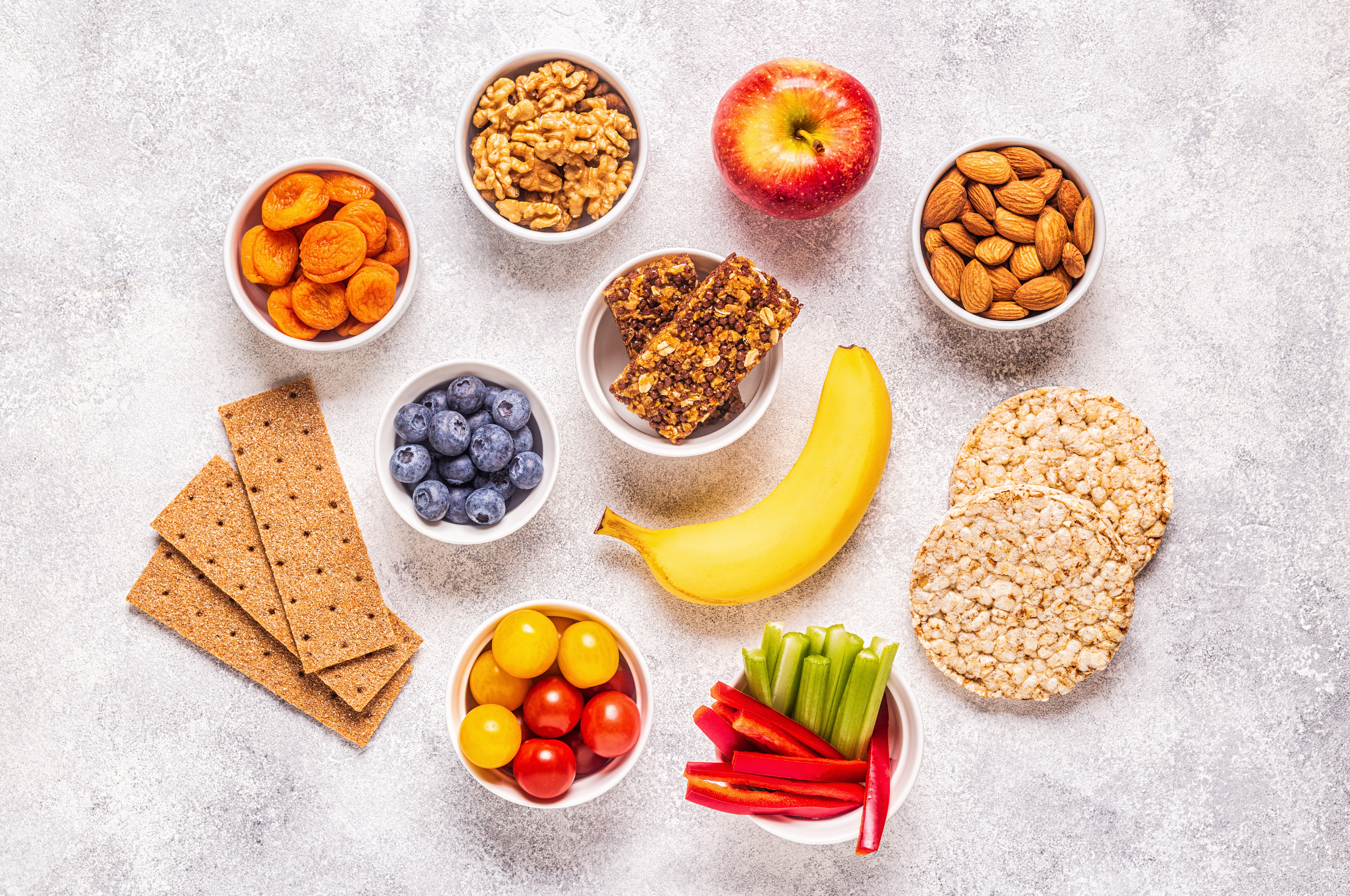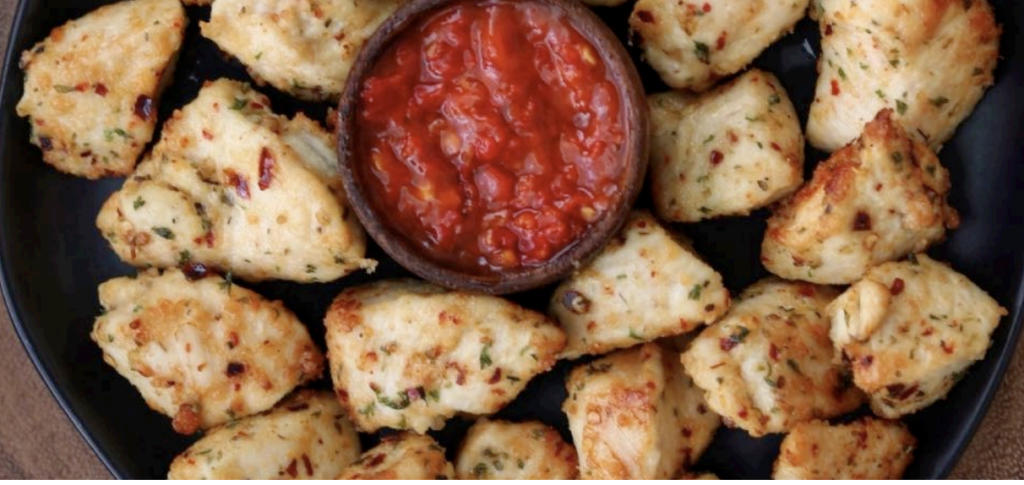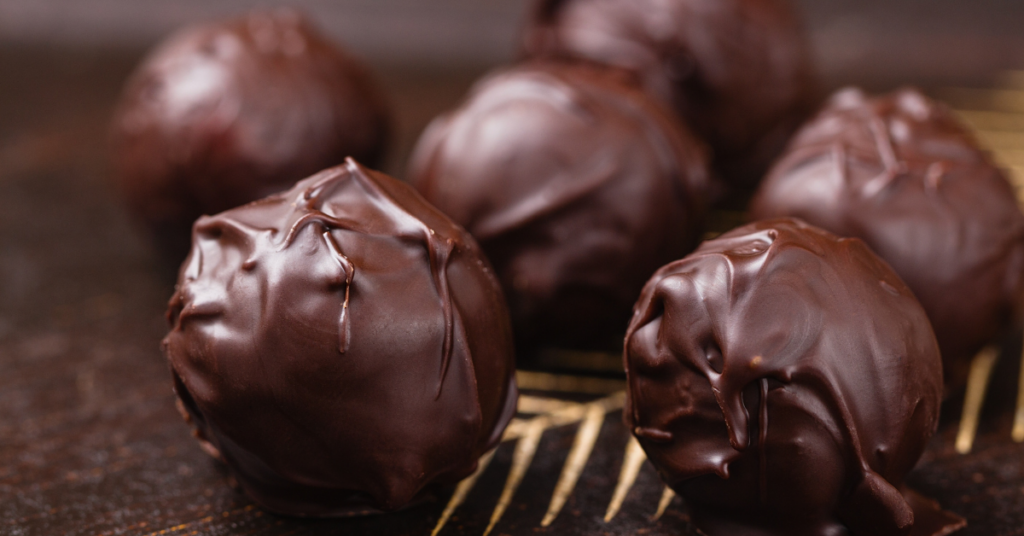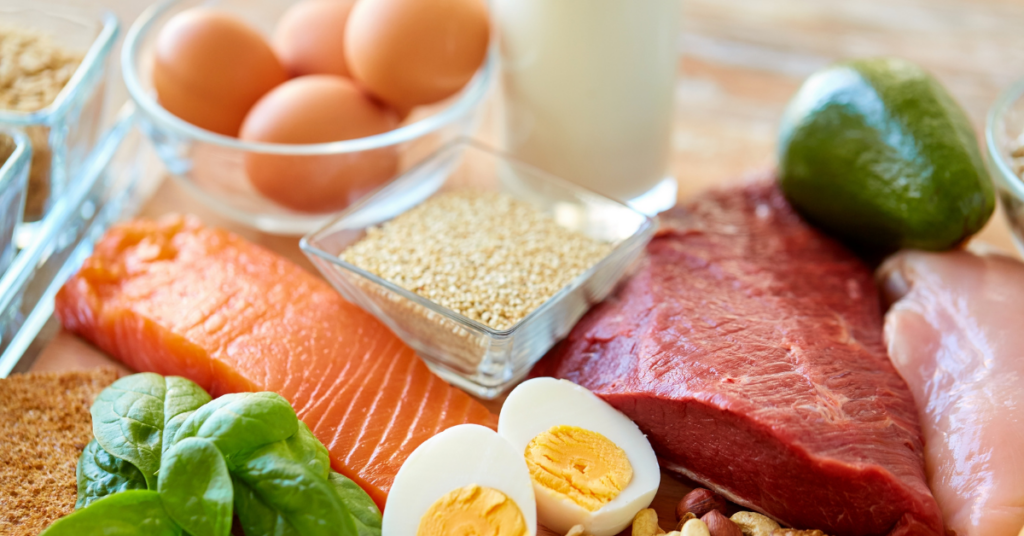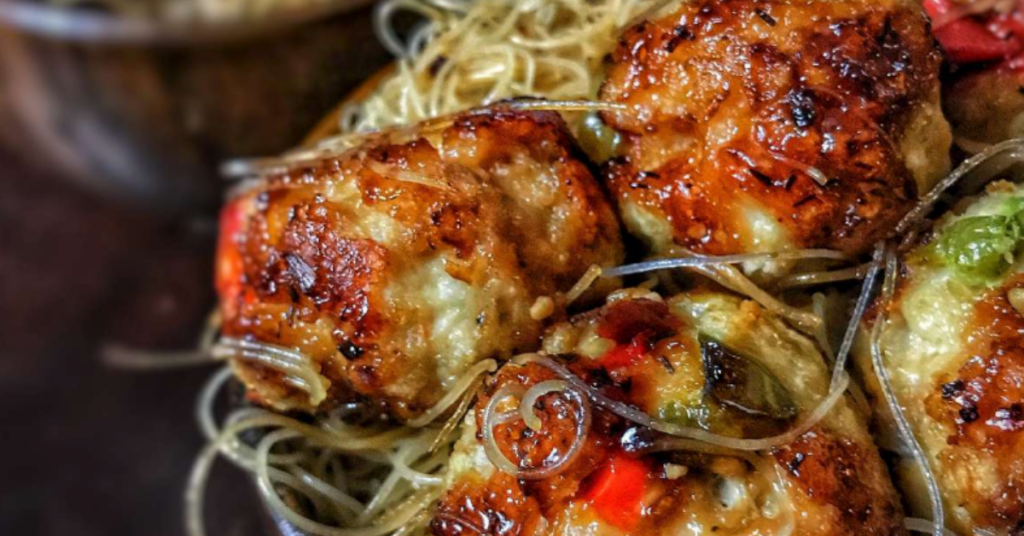Pre-Exercise Fuel: What to Eat Before a Workout
At Stronger U, our members have a variety of ways they like to be active; some may identify as elite athletes, while others consider themselves recreational athletes. Regardless of the sport or level of play, sports nutrition science is on our side to provide the facts of what’s important to answer the question, “What’s best to eat before my workout?!”
A well-rounded plan that provides adequate daily nutrition is crucial for having enough energy and recovery for activity. Still, from a sports nutrition perspective, carbs are the #1 macronutrient to consume before a workout. You may already know carbohydrates (carbs) provide energy, but let’s go deeper into why carbs are necessary and beneficial.
The Benefits of Eating Carbs Before a Workout
Enhanced Output During Exercise
Protein and fats also provide energy through calories, but carbs are the priority before a workout because they’re quicker to digest. Eating enough carbs in general (not just before exercise) provides energy to get through a workout and perform optimally. Even if someone has weight loss or body composition goals, having more energy on their lifts will help with those goals by using performance as a proxy for an improved physique. That means better workouts and better performance to achieve your goals! When output and intensity increase, this helps with training outcomes and performance in the gym. We’ve all been there where we’re doing our last few reps and may not finish them to our full potential, or we may have been capable of a few more reps or a little more distance if we had more energy. Of course, this doesn’t mean you need to overdo it with carbs, but finding your sweet spot will help your performance and physique.
Feeling Stronger and Faster
RPE (rate of perceived exertion) is a subjective rating on a numerical scale of how hard we feel something is. The days where our legs feel heavy, or an exercise feels more challenging on a given day, is an example of RPE increasing. Our personal RPE will vary from another person doing the same workout as us, and our RPE on the same task can change daily based on internal and external factors. One of the influences of RPE is, of course, our nutrition. The goal for workouts and exercise is to be able to push and do hard things – but it doesn’t mean we need to do that with an RPE of 10 every day. Carbs help our perception of “hard” from the fatigue we feel. “Carbohydrate intake during exercise can delay the onset of fatigue and improve performance of prolonged exercise as well as exercise of shorter duration and greater intensity (e.g., continuous exercise lasting about one hour and intermittent high-intensity exercise). (GSSI, 1)
Improved Energy Levels
If you’re someone who doesn’t want to eat a lot of carbs overall, prioritizing carbs around workouts may help you manage how you feel during the day and in between workouts. If you’re someone who doesn’t eat many carbs to begin with, experiment with how it feels to eat more before your workouts and assess your energy levels.
Fast-Digesting Carbs for Quick Energy
The fastest-digesting carbohydrates are referred to as “simple” carbohydrates. The body quickly digests and absorbs them. These carbs are typically found in breads, cereals, fruits, crackers, pretzels, etc. While simple carbs may get a bad reputation, they offer the preferred energy source for higher-intensity activities and provide energy for workouts and exercise. The primary advantage of fast-digesting carbs is their ability to provide a quick burst of energy. Complex carbohydrates release energy a little more slowly, and simple carbs deliver glucose into your bloodstream much faster. This instant energy can be particularly beneficial for high-intensity, short-duration activities like sprinting, weightlifting, or interval training. A great example of fast-digesting carbs in action is if you’ve ever been to a sporting event and seen someone get low blood sugar. The Athletic Trainers or Performance Dietitians will provide a fast-digesting sugar like straight glucose, apple juice, apple sauce, or other fast-digesting carb to get their blood sugar back up.
Choose Low Fiber, Low Fat Before Exercise
Carbs deliver energy much faster and won’t cause as much GI upset or bloating as when someone has a high-fiber or high-fat meal before a workout. When consuming a high-fiber or high-fat meal, digesting takes much longer. This can be advantageous outside of workout times when fiber and fat are needed to make a well-rounded meal or daily nutrition plan, but try to keep these foods away from training time. For example, if someone wants rice, beans, and egg whites as a pre-workout meal, the performance recommendation is to have rice and egg whites as the pre-workout meal and skip the beans. While beans are a great source of carbohydrates, they are also high in fiber, which we want to save for away from workout times.
Pre-Workout Meal Timing
For lower-intensity activity, prioritizing protein is helpful. For higher-intensity activities, prioritize carbs and protein. Aim for a pre-workout snack ~30-45 minutes before a workout or run to maximize the quick energy. Typically, ~30g of carbs for a half-hour to an-hour training session will be enough for some, and others will feel better with more. If your session lasts longer than 2 hours at a higher intensity, it can be helpful to have another serving of carbs during your session to keep energy levels high. This is where strategy and experimenting with your plan and training is important.
Sample Timeline Considerations:
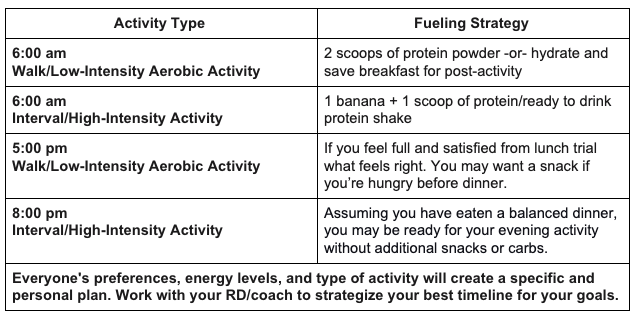
Key Takeaways:
- Eating carbs and protein before workouts helps with performance optimization.
- For high-intensity exercise: carbs are the preferred fuel source.
- For lower-intensity exercises: fewer carbs are needed, and protein should still be prioritized.
For personalized nutrition recommendations to optimize your workouts, become a Stronger U member and work with a dedicated coach who can give you the tools to level up your performance.
References:
Asker Jeukendrup, PhD, FACSM School of Sport and Exercise Sciences University of Birmingham United Kingdom. GSSI. VOLUME 20 (2007) n Number 3 “CARBOHYDRATE SUPPLEMENTATION DURING EXERCISE: DOES IT HELP? HOW MUCH IS TOO MUCH?”
Caris AV, Thomatieli-Santos RV. Carbohydrate and Glutamine Supplementation Attenuates the Increase in Rating of Perceived Exertion during Intense Exercise in Hypoxia Similar to 4200 m. Nutrients. 2020 Dec 11;12(12):3797. doi: 10.3390/nu12123797. PMID: 33322280; PMCID: PMC7763460.
Burke LM, Angus DJ, Cox GR, Cummings NK, Febbraio MA, Gawthorn K, Hawley JA, Minehan M, Martin DT, Hargreaves M. Effect of fat adaptation and carbohydrate restoration on metabolism and performance during prolonged cycling. J Appl Physiol (1985). 2000 Dec;89(6):2413-21. doi: 10.1152/jappl.2000.89.6.2413. PMID: 11090597.
